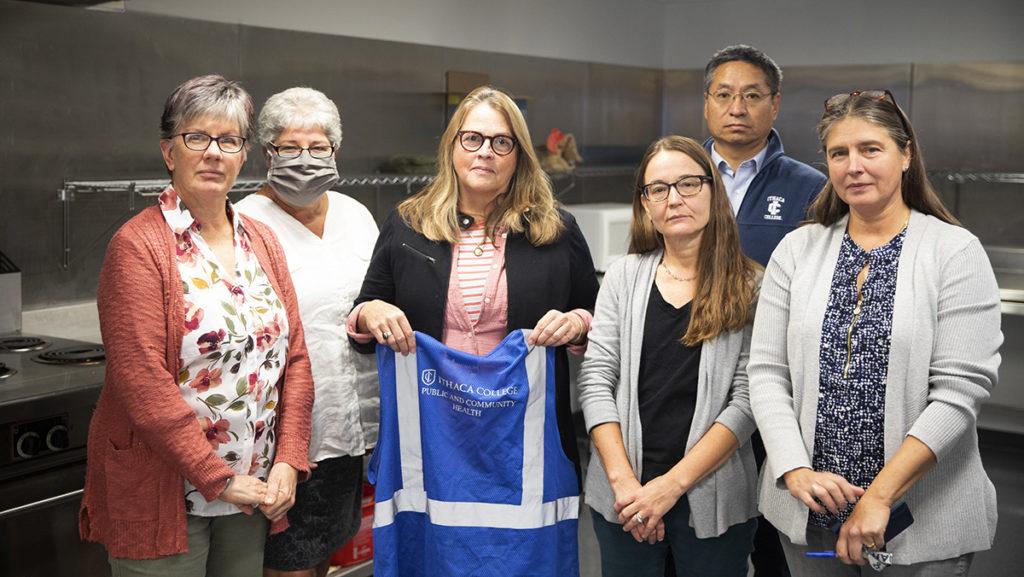Open Letter to the Ithaca College Community:
We, the undersigned continuing full-time faculty in the Department of Health Promotion and Physical Education, are writing to voice our support for our part-time and contingent colleagues across campus in their collective union efforts to forge a mutually beneficial contract with Ithaca College. If we are to realize fully IC’s vision of a “student-centered learning community,” we must ensure that all instructors are compensated equitably, for there is no question that teachers’ working conditions are students’ learning conditions.
As has been clear in academia for decades, most “part-timers” take such appointments not because they are seeking part-time employment, but because colleges and universities have chosen to replace full-time positions with cheaper part-time options, thus eliminating full-time opportunities for many, if not most, applicants. Indeed, the majority of so-called “part-time” faculty are dedicated full-time college professors who teach core academic courses “part-time” at two or three different institutions, traveling between them constantly, to earn a bare minimum living.
Short of securing a sufficient number of full-time continuing lines, both the HPPE department and Ithaca College will continue for the foreseeable future to depend on contingent faculty to meet permanent instructional needs. Given this dependency on highly qualified adjunct faculty, with whom of course we work side by side, and given the significant disparity between their part-time wages and our full-time salaries, benefits, and job security, we believe it clearly in the best interests of all — students, full-time continuing faculty, and administrators — for IC to negotiate with SEIU Local 200United in good faith until an agreement that satisfies all parties is reached.
We therefore strongly encourage the entire campus community to join with us in supporting the efforts of part-time instructors to improve their wages and working conditions at the college, to achieve a reasonable level of parity with their peers. And we remain hopeful that a mutually beneficial agreement can be reached without any disruption to our students’ education.
We must be clear, however, that in the event that adjuncts hold a legal strike, our shared sense of moral obligation would require that we respect their decision and not move, in any way, to replace our irreplaceable colleagues.
Respectfully,
Mary Bentley, Associate Professor
Raj Subramaniam, Professor
Amy Frith, Associate Professor
Stewart Auyash, Associate Professor
Srijana Bajracharya, Professor
Laura Campbell Carapella, Associate Professor
Deborah A. Wuest, Professor
Kari Brossard Stoos, Assistant Professor
Hongwei Guan, Associate Professor












